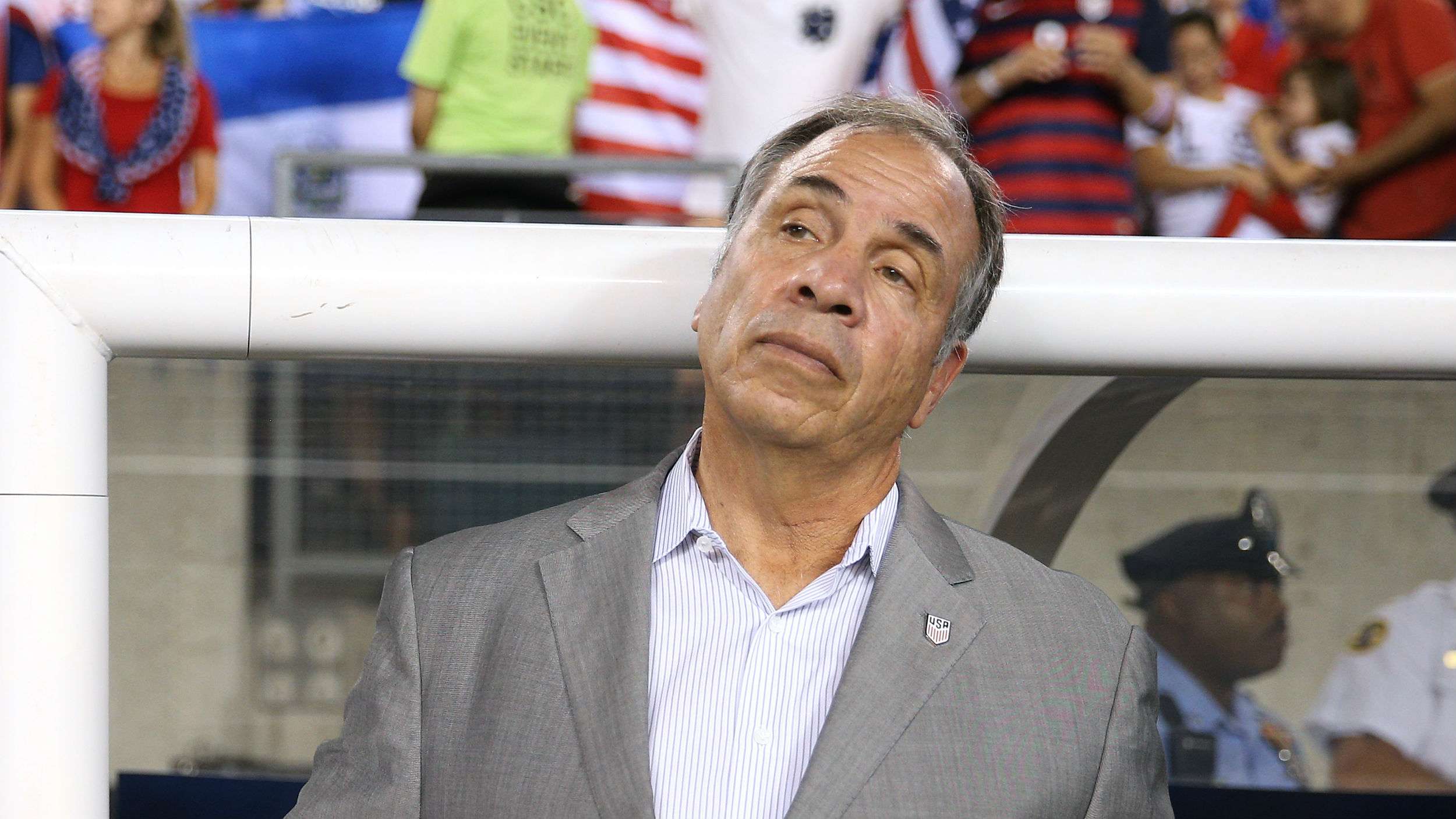PORT OF SPAIN, Trinidad & Tobago — The history books will mark Tuesday night's loss to Trinidad & Tobago as the moment the U.S. national team program crashed, but the seeds for the disastrous defeat were actually planted back in September in New Jersey.
It was then that Bruce Arena lost faith in some of his best players and reverted to leaning on familiar faces. Some of the same familiar faces who carried the most blame for the epic loss to the Soca Warriors.
Make no mistake, U.S. players weren't good enough on Tuesday, and didn't play like a team with everything on the line, but no one carries more blame for the loss than Arena. He did such a good job of rebuilding the team's momentum after replacing Jurgen Klinsmann last year, but something happened in September, after the loss to Costa Rica, that eventually led to some truly head-scratching decisions.
How else do you explain the decision to leave Fabian Johnson off the squad? Johnson struggled badly through the Costa Rica loss, which left Arena completely disenchanted with the Borussia Moenchengladbach player, but the reality was Johnson had only recently returned to training after a back injury. A month later, Arena left him home, with fitness issues being cited yet again, even though Johnson had just started two matches for Moenchengladbach.
How else do you explain his decision to bench Geoff Cameron, the team's best central defender? Cameron had long been the most reliable defender in the U.S. ranks, but he had a shocker against Costa Rica, and Arena lost all faith, choosing instead to start Omar Gonzalez. It was a decision that helped doom the Americans. In fact, it was one of several Arena decisions that doomed him to an embarrassing end to his second stint as U.S. coach.
Here is a look at what he got so painfully wrong:
PLAYING THE SAME LINEUP AGAIN
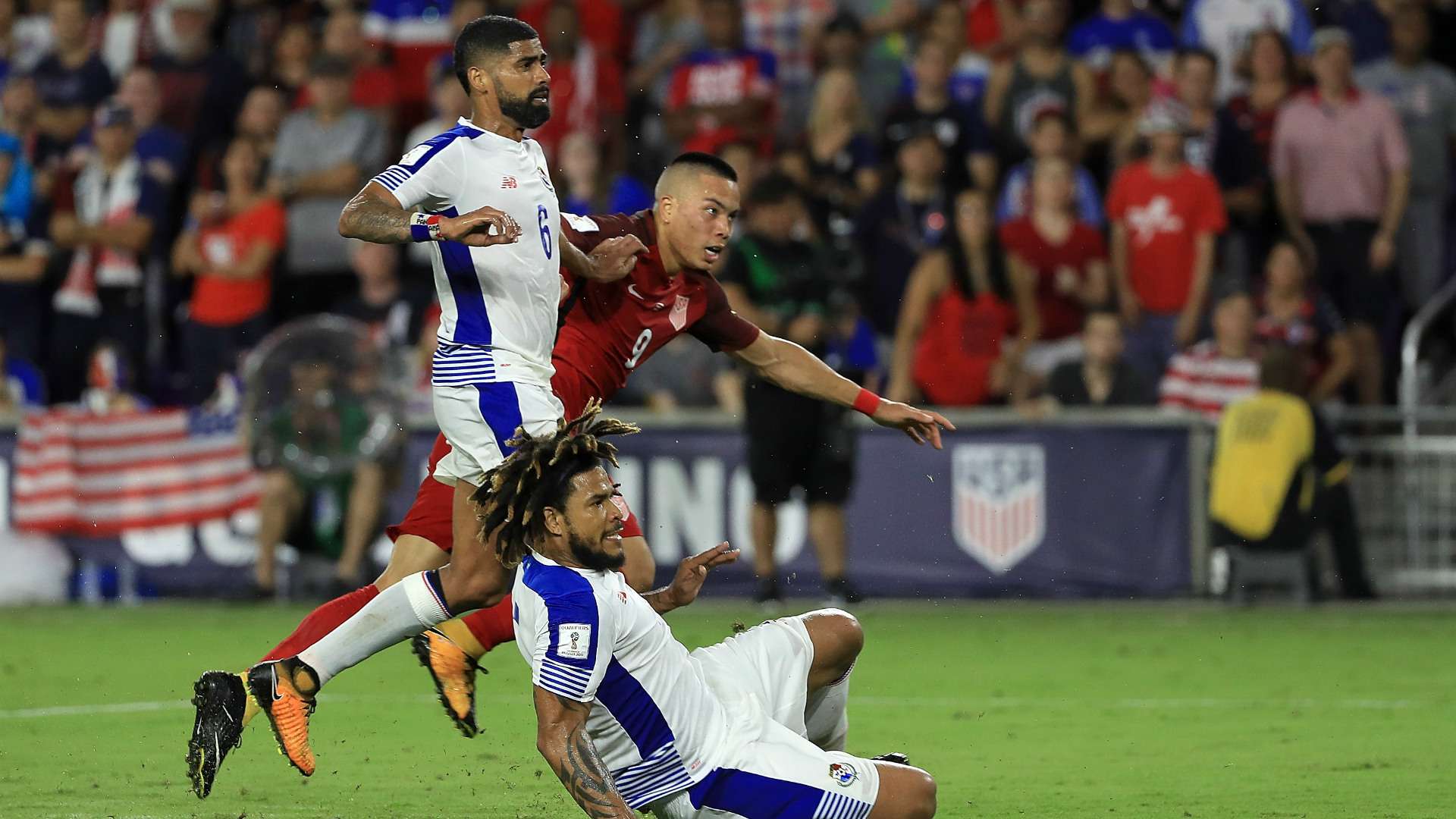 Mike Ehrmann
Mike Ehrmann
On the surface, going with the same lineup that thrashed Panama made plenty of sense, but from a practical standpoint it was extremely risky. Asking a team that just won an emotionally-charged match to deliver the same energy just four days later, and against a fast and athletic team like Trinidad & Tobago, was a serious gamble. Arena cited the Gold Cup as an example of that type of decision working out, but he failed to mention the times in qualifying where he deployed fresh legs and earned good results.
The Trinidad & Tobago game called for Clint Dempsey, with Bobby Wood having given his all against Panama, and looking extremely tired at the end of that match. Including Dempsey from the start could have yielded the early goal that would have changed the game. Instead, Dempsey entered at halftime, with the team already trailing by two goals.
DEPLOYING THE DIAMOND ON THE ROAD
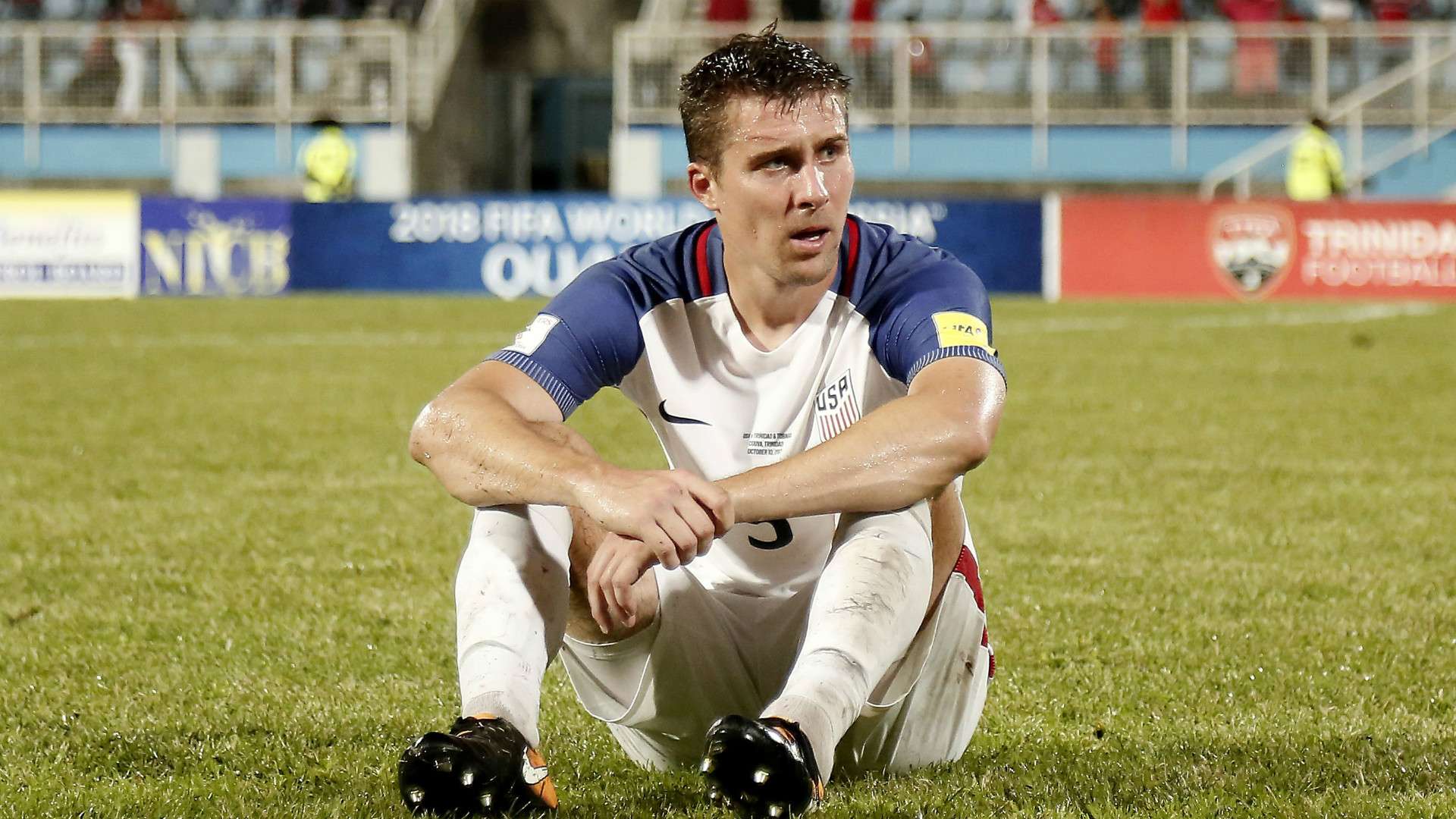
Like a greedy gambler letting it ride at a casino, Arena pushed his chips out to the middle again after the Panama win, believing his diamond would trump anything Trinidad & Tobago could offer.
He was wrong.
Arena stated repeatedly that his team would not be playing for the draw, which made sense, but there would have been nothing wrong with deploying a more pragmatic setup, either a 4-4-2 with two defensive midfielders, or a 4-5-1. In essence, Arena showed no respect for Trinidad & Tobago, even though the Soca Warriors pushed Mexico just last Friday. T&T may have had a team full of new names, but that group showed against El Tri that it could be a handful.
In a way, you could credit Panama coach Hernan Bolillo Gomez with the most clever management maneuver ever. He trotted out an attacking squad against the U.S., which let the Americans run wild and leave them and Arena overconfident, which set the tone for a U.S. loss on Tuesday that helped Panama secure its first World Cup berth.
Sure, that may be a reach, but there's no denying the fact that Arena came away from the Panama win far too confident, and not nearly respectful enough of the threat T&T could pose.
BENCHING GEOFF CAMERON
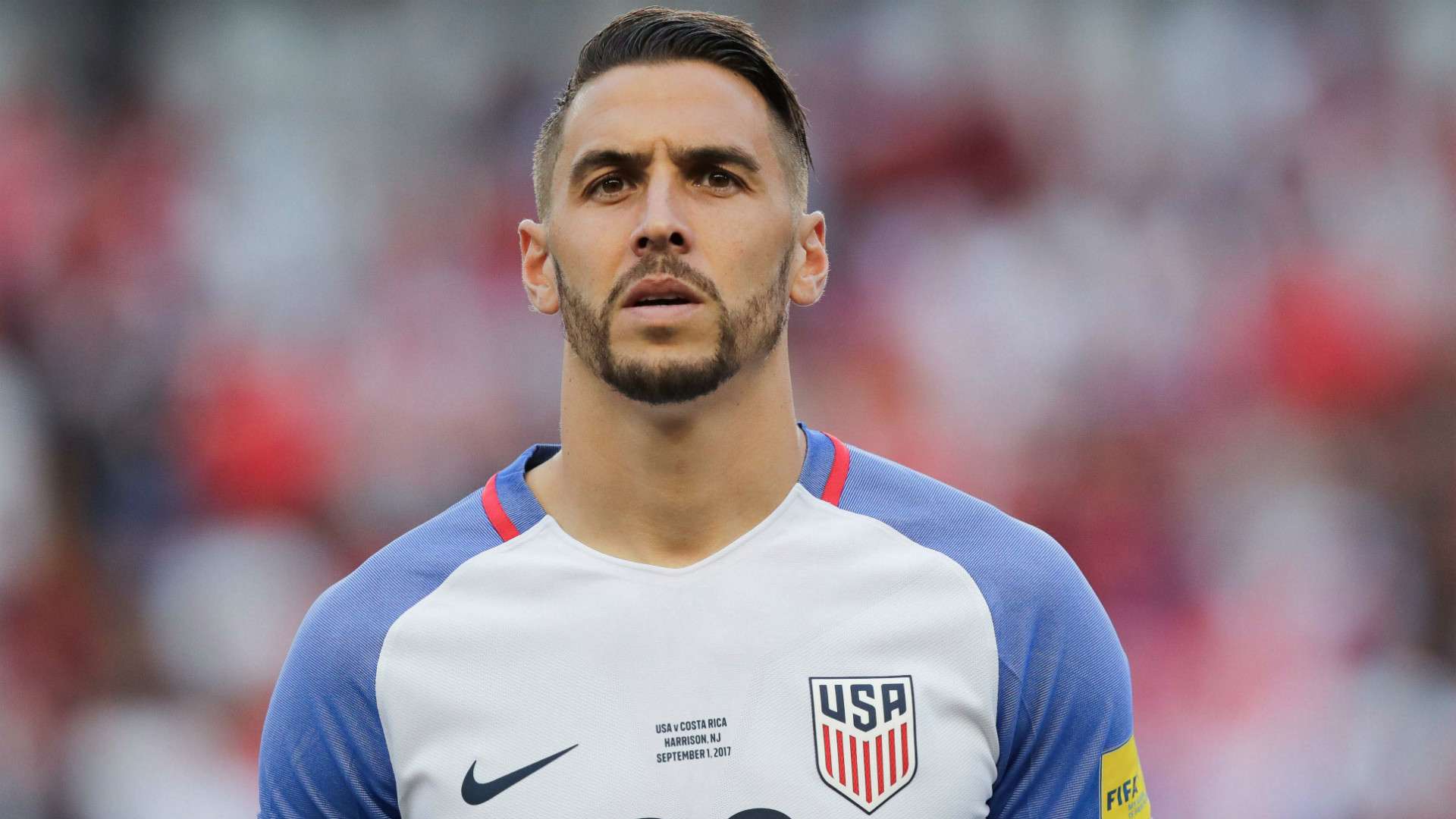 USA Today Sports
USA Today Sports
Plenty of U.S. fans are angry with Omar Gonzalez for having helped cost the team precious points and, essentially, the World Cup, but the blame falls on Arena for starting him ahead of Cameron for three straight matches.
Arena clearly became disenchanted with Cameron after his showing against Costa Rica, but when Gonzalez played even worse against Honduras, it should have been time for Arena to get the normally reliable Cameron back in the lineup.
Instead, Arena went into the October camp having settled on a starting tandem of Gonzalez and Matt Besler, with concerns about Cameron's fitness being the key reasoning. This despite Cameron having recently returned to the starting lineup for Stoke City, and despite his track record as a player who has never had an issue with match fitness.
The Panama win was comfortable enough for Gonzalez, who was never really tested in that win, but it wound up giving Arena a false sense of security, leading to the indefensible decision to leave Cameron on the bench for three straight qualifiers. If there was something more to Arena's decision than him rating Gonzalez ahead of Cameron, it hasn't surfaced yet, but it's tough to imagine a justifiable reason for benching the team's best center back during such an important time.
LEAVING FABIAN JOHNSON HOME
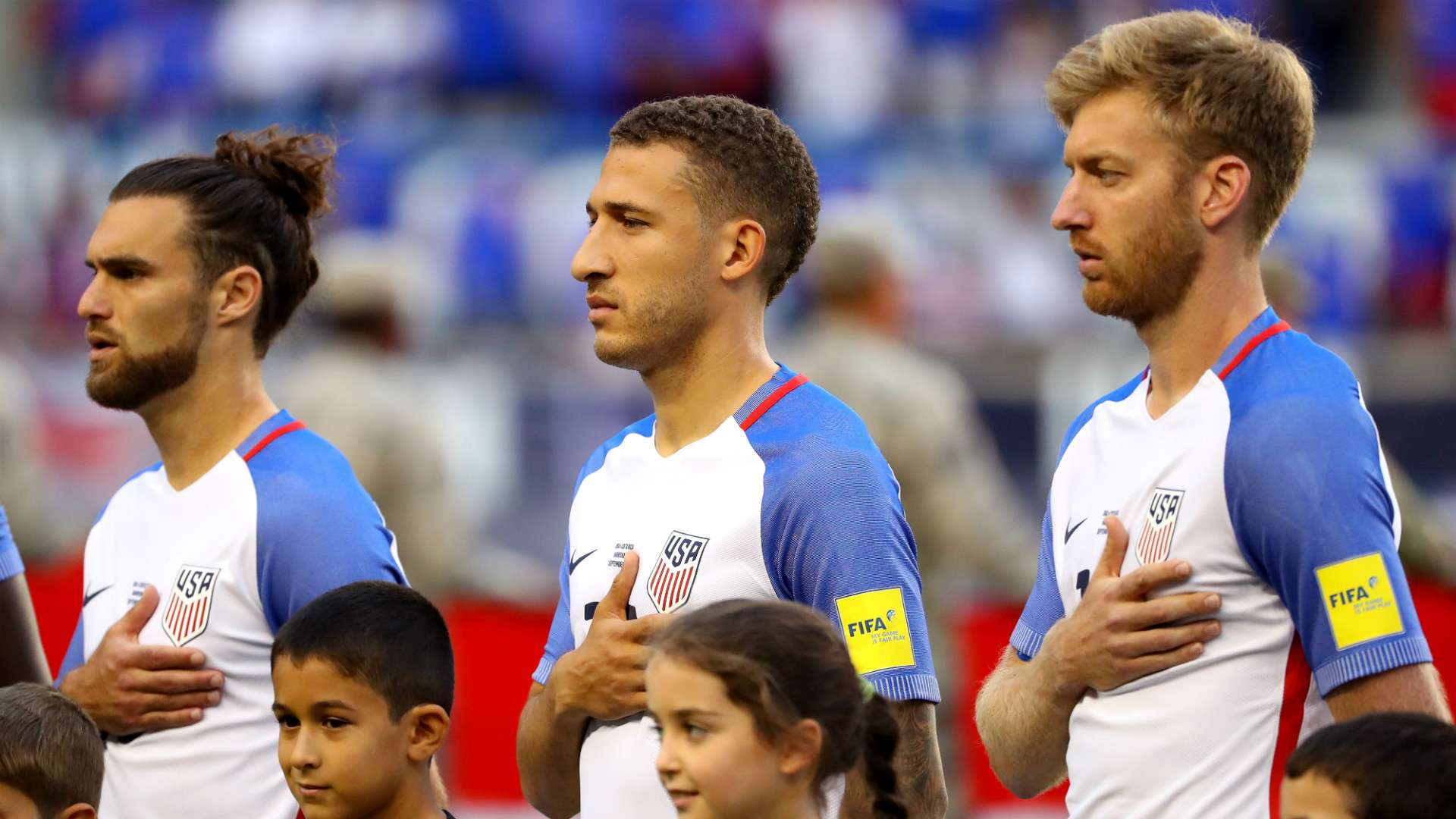
The biggest head-scratcher when the U.S. team's roster for October's qualifiers was released was the absence of Johnson, who was healthy and fit but still left out by Arena. The explanation behind the scenes was that there were concerns about his fitness, and the number of games he'd played. This despite the fact Johnson played even fewer minutes and had even fewer training sessions under his belt before Arena started him against Costa Rica.
Was it really about fitness, and if so, did Arena overreact to Johnson's September performance, leading him to believe Johnson wouldn't be of much use in October because he looked so bad in September?
The only good reason for Arena to leave Johnson out was if he asked out, and there's nothing at this point to suggest that happened. It would be hard to believe Johnson would have asked out of such important matches.
This leads to an interesting question: Did Arena go too far in trying to handle the USMNT differently than Klinsmann? Where Klinsmann relied heavily on German-Americans and European-based players, Arena leaned heavily on his MLS contingent and had zero German-Americans on the roster for the team's decisive October qualifiers. No Timmy Chandler or Danny Williams.
None of those absences was tougher to justify than Johnson's, especially considering how much the team could have used a player just like him on Tuesday, either at left back or on the wing.
FAILING TO ADJUST MORE QUICKLY
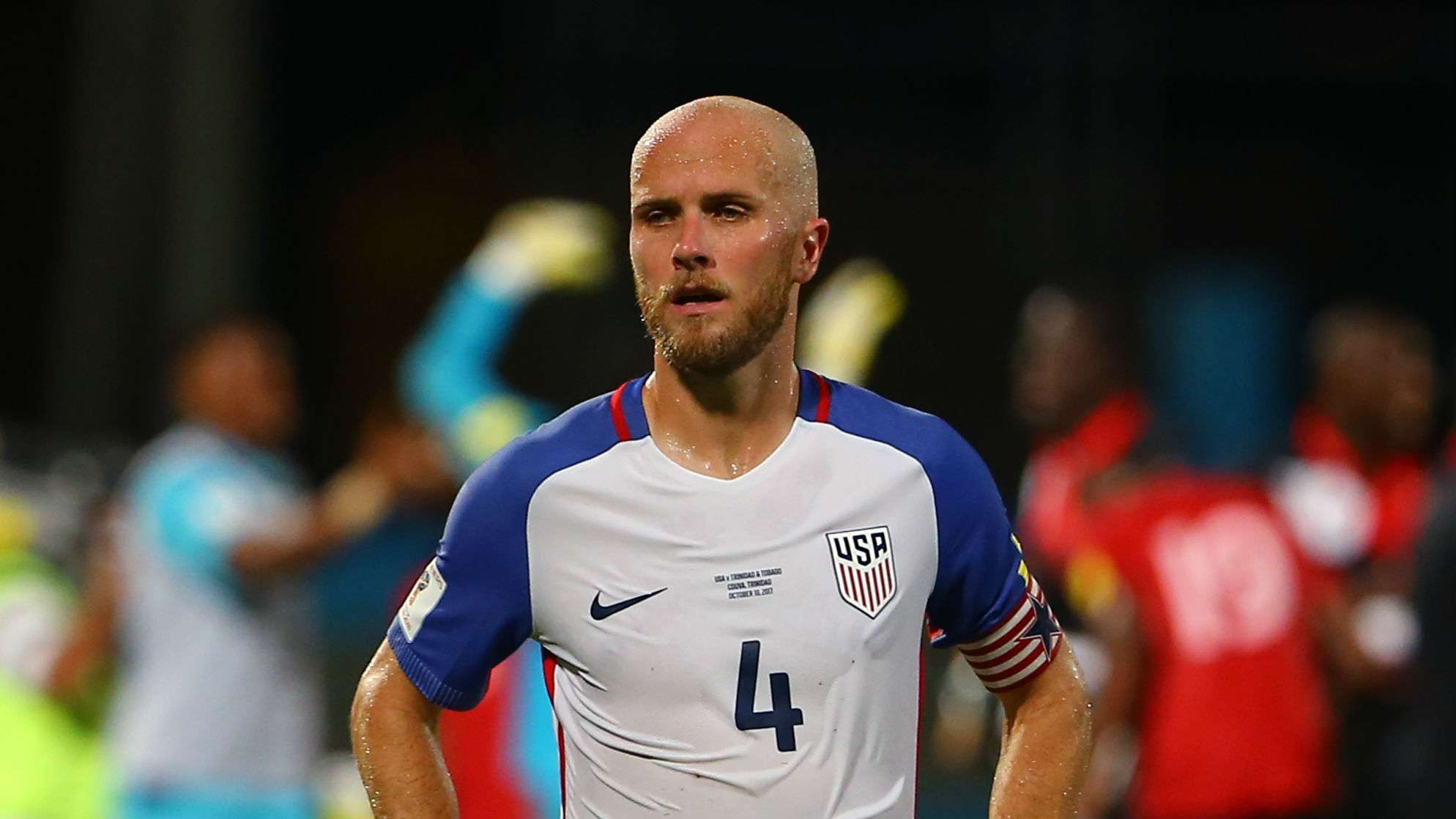
Arena has gotten the better of opposing coaches on more than a few occasions, and there have been several times when the coach on the other side of the midfield stripe has been forced into making tactical adjustments, even in the first half. Javier Aguirre did it with Mexico back in 2002, Juan Carlos Osorio did it with Mexico back in June, and Bolillo Gomez did it with Panama just last Friday.
What we haven't seen before is Arena be forced into adjustments, and on Tuesday he should have adjusted more quickly to what was clearly a tactical issue. Trinidad & Tobago sat back defensively, giving the Americans no room to unleash a dangerous counterattack and finding success with its own counter. Arena could have made a move earlier, and slotted in an extra central midfielder to manage the game better, but instead we were treated to a wide-open first half that saw T&T torch the U.S. on the counter repeatedly.
Arena also failed to deploy the 3-5-2 that had enjoyed success in recent matches, and it was down to his decision not to use Cameron. He chose instead to sub out Jorge Villafana for Kellyn Acosta, a move that did nothing to help the U.S. team's chances as the match wound to a close.
Overall, it was easily the worst-coached match of Arena's national team career, and it came at the worst possible time.
